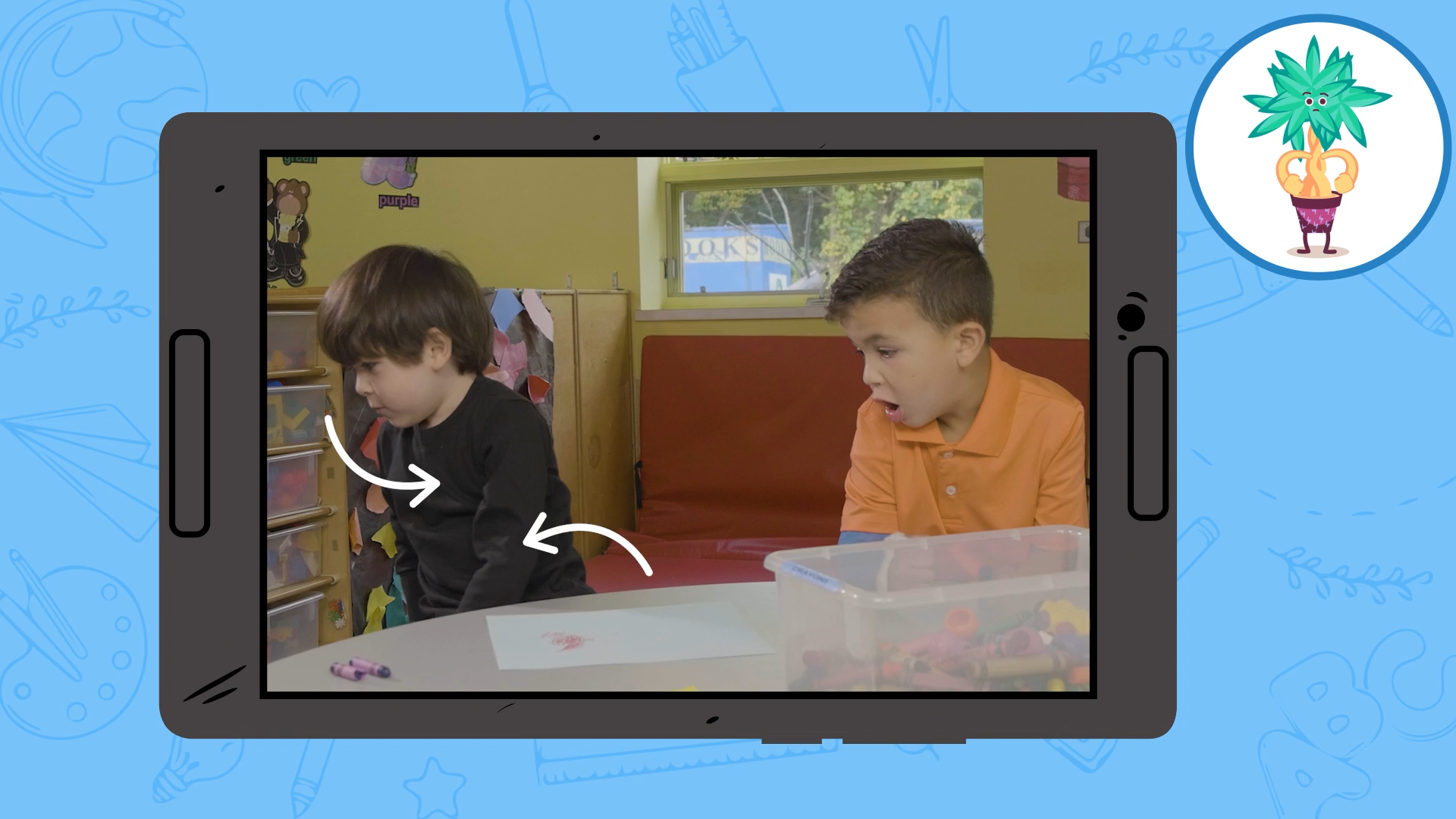
Introduction
Helping young students understand and manage their feelings is crucial for their personal and social development. In this blog post, we’ll explore an engaging no-prep activity that can help Kindergarten students learn to recognize when they’re feeling upset and how to deal with their emotions effectively. We’ll also provide you with discussion questions to stimulate further conversations, mention related skills, and suggest where you can find more resources for teaching social-emotional learning.
No-Prep Activity: Body Clues Charades
This activity requires no preparation or materials from the educator. It helps students become more aware of the physical signs that often accompany feelings of upset, such as a fast heartbeat, tightened muscles, or clenched fists. To play Body Clues Charades, follow these steps:
- Divide students into small groups.
- Explain that each student will take turns acting out a body clue that shows they’re feeling upset, while the others in the group try to guess the clue.
- Encourage students to think about how their own bodies feel when they’re upset and to use this as inspiration for their charades.
- After each round, discuss how the body clues might help the student recognize and manage their feelings before they become too overwhelming.
Discussion Questions
- What are some body clues that might tell you you’re feeling upset?
- Why is it important to pay attention to these body clues?
- What are some strategies you can use to calm down when you notice your body clues telling you that you’re upset?
- How can understanding our own feelings help us be more empathetic towards others?
- How can we support our friends when they’re feeling upset?
Related Skills
Besides recognizing and managing upset feelings, there are other relevant skills that can help students develop their social-emotional competencies. These include:
- Understanding different emotions and their causes.
- Communicating feelings effectively with others.
- Developing self-awareness and self-regulation skills.
- Building empathy and understanding towards others.
- Practicing conflict resolution and problem-solving techniques.
Next Steps
Teaching students to recognize and manage their feelings is an essential part of their emotional growth. By incorporating activities like Body Clues Charades and engaging in thoughtful discussions, you can help students develop these vital skills. To access more resources and free samples of related social-emotional learning materials, sign up at Everyday Speech.

